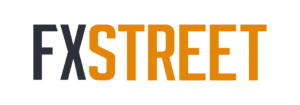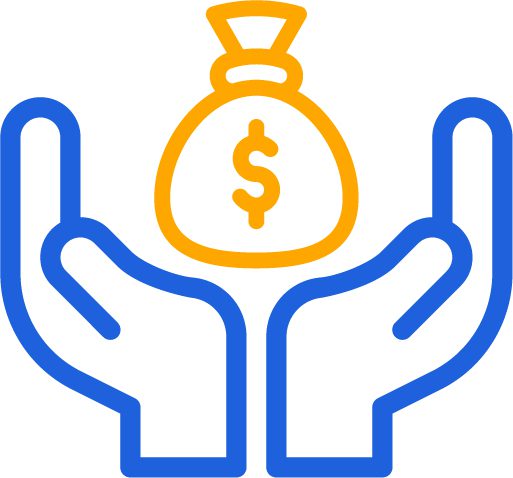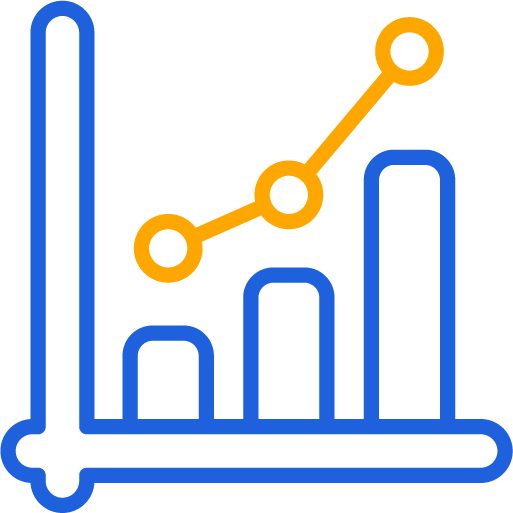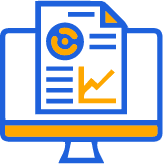In 2025, choosing between two heavyweights like Forex.com and CMC Markets isn’t easy. Both brokers have been industry leaders for decades, offering regulated access to global markets, powerful trading platforms, and broad asset classes. But depending on your style — from active day trading to long-term CFD investing — one may suit you better than the other.
This comprehensive guide will walk you through the differences between these two brokers so you can make a smarter trading decision.
Broker Review Contents
Broker background
Forex.com was founded in 2001 and is part of the publicly traded StoneX Group. With over 300,000 global clients, it’s widely known for its strong regulatory standing and flexible account types.
CMC Markets, founded in 1989 and listed on the London Stock Exchange, has built a reputation for low-cost trading, proprietary technology, and comprehensive market access.
| Feature | Forex.com | CMC Markets |
|---|---|---|
| Founded | 2001 | 1989 |
| Headquarters | USA | London, UK |
| Parent Company | StoneX Group (NASDAQ: SNEX) | CMC Group plc (LSE: CMCX) |
| Clients Served | 300,000+ | 300,000+ |
| Specialization | Forex, CFDs, crypto | Forex, CFDs, spread betting |
Regulatory status
Forex.com is regulated by:
- CFTC & NFA (USA)
- FCA (UK)
- ASIC (Australia)
- IIROC (Canada)
- CySEC (EU)
CMC Markets is regulated by:
- FCA (UK)
- BaFin (Germany)
- ASIC (Australia)
- MAS (Singapore)
- FMA (New Zealand)
- DFSA (Dubai)
Both brokers are highly trusted and globally regulated. Forex.com has the edge in the U.S. market due to its CFTC license, while CMC has broader regulatory reach across Asia-Pacific.
Trading platforms
Forex.com offers:
- MetaTrader 4 & 5
- Advanced Trading Platform (Web/Desktop)
- TradingView integration
CMC Markets provides:
- Next Generation Platform (proprietary)
- MetaTrader 4
- Web-based and mobile trading
CMC’s Next Generation platform is known for its superior charting and risk management tools. Forex.com provides more flexibility through multiple platforms and integration with TradingView.
Market access and instruments
| Asset Type | Forex.com | CMC Markets |
|---|---|---|
| Forex Pairs | 80+ | 330+ |
| Indices | Yes | Yes |
| Commodities | Yes | Yes |
| Cryptocurrencies | Yes | Yes |
| Shares (CFDs) | Yes | 9,000+ |
| ETFs (CFDs) | Yes | Yes |
| Bonds | No | Yes |
| Treasuries | No | Yes |
| Spread Betting | No | Yes (UK only) |
CMC Markets dominates in market coverage — offering thousands of shares and deep access to bonds and treasuries. Forex.com offers a streamlined list for traders focused on forex and major CFDs.
Pricing and fees
Forex.com pricing:
- Standard account: from 1.0 pip
- Commission account: 0.2 pip + $5 per lot
- No deposit/withdrawal fees
- $15 inactivity fee after 12 months
CMC Markets pricing:
- Spreads from 0.7 pips on forex
- No commission on forex or indices
- Share CFDs: commissions apply (from 0.10%)
- No inactivity fees
CMC offers tighter spreads on standard accounts, especially for active traders. Forex.com is more cost-effective for high-volume traders using its commission-based model.
Leverage and margin
| Region | Forex.com | CMC Markets |
|---|---|---|
| USA | Up to 1:50 | Not available |
| UK/EU Retail | Up to 1:30 | Up to 1:30 |
| Global (Pro) | Up to 1:200 | Up to 1:500 (professional) |
Both brokers follow local leverage caps for retail clients. CMC offers up to 1:500 for professionals, which may appeal to aggressive traders. Forex.com’s limits are safer and more consistent with regulatory expectations.
Account types and onboarding
Forex.com accounts:
- Standard
- Commission-based
- DMA (Direct Market Access)
- Swap-free (Islamic)
CMC Markets accounts:
- CFD account (individual/corporate)
- Spread betting (UK only)
- Professional accounts
CMC offers a simpler account structure, while Forex.com provides more variation, especially for institutional-style traders using DMA.
Research, education, and tools
Forex.com includes:
- Autochartist
- Trading Central
- TradingView integration
- Webinars, tutorials, and market analysis
CMC Markets includes:
- Pattern recognition scanner
- Price projection tools
- Client sentiment indicators
- In-depth articles and strategy guides
Both brokers are leaders in this category. Forex.com leans toward third-party tools like Trading Central, while CMC’s in-house analytics and sentiment tools give a real-time edge.
Mobile trading
Forex.com:
- Mobile app with smart charting
- Integrated alerts and TradingView sync
- Fast execution and full trading tools
CMC Markets:
- Next Gen app with full platform access
- Rich charting, sentiment data, and price alerts
- Seamless watchlist syncing across devices
CMC’s mobile app is more powerful and visually advanced, especially for chart-driven traders. Forex.com’s app remains clean and reliable.
Customer support
Forex.com:
- 24/5 global support
- Email, chat, and phone
- Fast onboarding and helpful portal
CMC Markets:
- 24/5 support
- Extensive help center
- UK-based support with global desk
Both brokers provide excellent support. CMC’s knowledge base is extremely helpful, while Forex.com has an edge in faster onboarding processes.
Final comparison summary
| Feature | Best Broker |
|---|---|
| Market Coverage | CMC Markets |
| Regulation in U.S. | Forex.com |
| Platform Variety | Forex.com |
| Proprietary Tools | CMC Markets |
| Pricing (Standard) | CMC Markets |
| Commission Flexibility | Forex.com |
| Leverage (Professional) | CMC Markets |
| Onboarding Speed | Forex.com |
Which broker fits your needs in 2025?
Choose Forex.com if you:
- Need access to the U.S. market and strong global regulation
- Prefer platform flexibility with MT4/MT5 and TradingView
- Want commission-based pricing and advanced research tools
- Are looking for powerful institutional-style execution (DMA)
Choose CMC Markets if you:
- Want the widest range of assets (including 9,000+ shares and bonds)
- Prefer a slick proprietary platform with built-in analytics
- Are based in the UK or Asia-Pacific and want spread betting
- Appreciate tight spreads without commissions on forex and indices






















